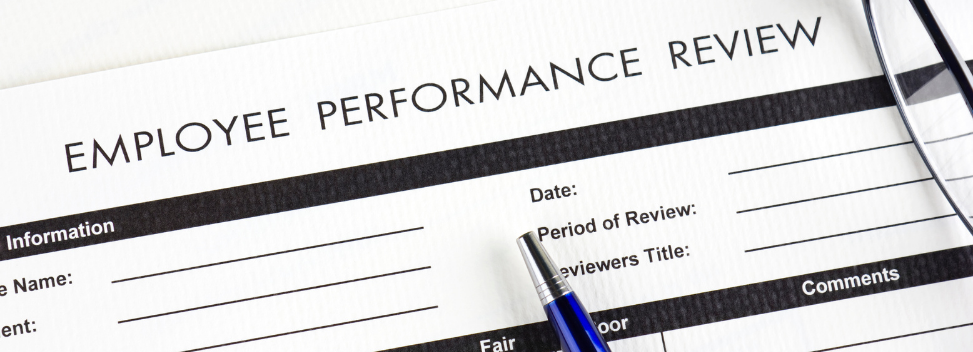
Practice managers never have enough time to do what they want and need to do fully. As with anything, when things get tough, something has to give. But you need to make sure that your employee’s appraisal is not the task that gets put to the bottom of the pile.
Why should I make the time to do an appraisal?
Appraisals are a powerful management tool to engage your employees and help them move forwards in an agreed direction. A well-done appraisal should be something that both the manager and the employee look forward to, and as such, it shouldn’t be something that is put back or delayed when practice life gets busy! If the appraisal is the “task” that the practice manager decides can wait, the employee can feel that they have been overlooked or not prioritised, even feeling that they are not as important as other parts of the practice.
An appraisal has the power to drive employees forwards, and a more driven and content employee is more likely to work harder and deliver better results in the practice.
How long should I put aside to do an appraisal?
A good appraisal should not be rushed. It should take at least an hour, up to 2.5 hours depending on the employee, their job role, and their ambitions.
Performance review cycles
It has recently been proved that an appraisal “cycle” is far more impactful than just one meeting per year. Cycle examples might be a monthly one-to-one for some employees, quarterly one-to-ones for others, and a formal half-year and full-year appraisal as an absolute minimum. Employees should always be receiving feedback on their work.
Preparing for appraisals
Preparing for appraisals will take a longer or shorter time depending on your practice’s appraisal system and your favoured management style. Some practices will have an elaborate performance rating system in place, whereas others will prefer a simple and solid system. Most managers will have a system that they know and are comfortable with. FPM Members can access the FPM Performance Review documents and templates in the FPM Core system, which contain questionnaires that can be handed to employees to complete prior to the appraisal and then act as good discussion points for the meeting. At the very least, you should have a good think about the employee, note down some observations and review the details from their previous appraisal.
The best appraisal preparations contain:
- A Performance Rating system. Most employers use a 1-5 rating system where 1 = very poor, 2 = does not meet expectations, 3 = meets expectations, 4 = strong performer 5 = exceptional performer. The appraisal will result in an agreed rating for the employee with regards to “what” they have achieved and arguably more importantly, “how” they achieved it.
- Evidence from previous meetings which has been gathered.
- Materials prepared by the employee. They should have been advised on what to prepare, whether this includes questionnaires, a self-rating or just to come with some bullet points. The more prepared the employee, the better the meeting is likely to go.
- Pay information ready to be discussed. Many employees relate their annual appraisal to any potential pay increase. It is always best to be prepared for these questions - even if there is no pay rise this year.
- 360-degree feedback on the employee.
Holding the appraisal
Arrange the meeting so that the employee has plenty of notice and time to prepare. The meeting is personal and as such should be done where there are likely to be no interruptions and where the employee can talk freely without being worried about being overheard.
You can start the meeting by explaining how the appraisal is going to work, and what you would like to discuss in the meeting.
Remember that a good appraisal should include the employee doing most of the talking!
You should actively listen throughout, providing timely feedback and positive reinforcement where necessary.
You should look at the entire time period being discussed, not just the last couple of weeks. There should be discussion around where the employee is at the moment, where they would like to be, and how they think they can get there. The employee should receive their rating if the practice uses ratings, and they should understand why they have been given this rating and how they can move up to the next one, if possible.
The meeting should result in a plan for the employee, that both the manager and the employee have agreed. The employee should be left feeling positive and excited for the future.
If your employee appraisals aren’t quite hitting the mark, Thornfields’ “Fine Tuning your Appraisal Skills” Workshop might be able to help! Click Here for more information


0 Comments